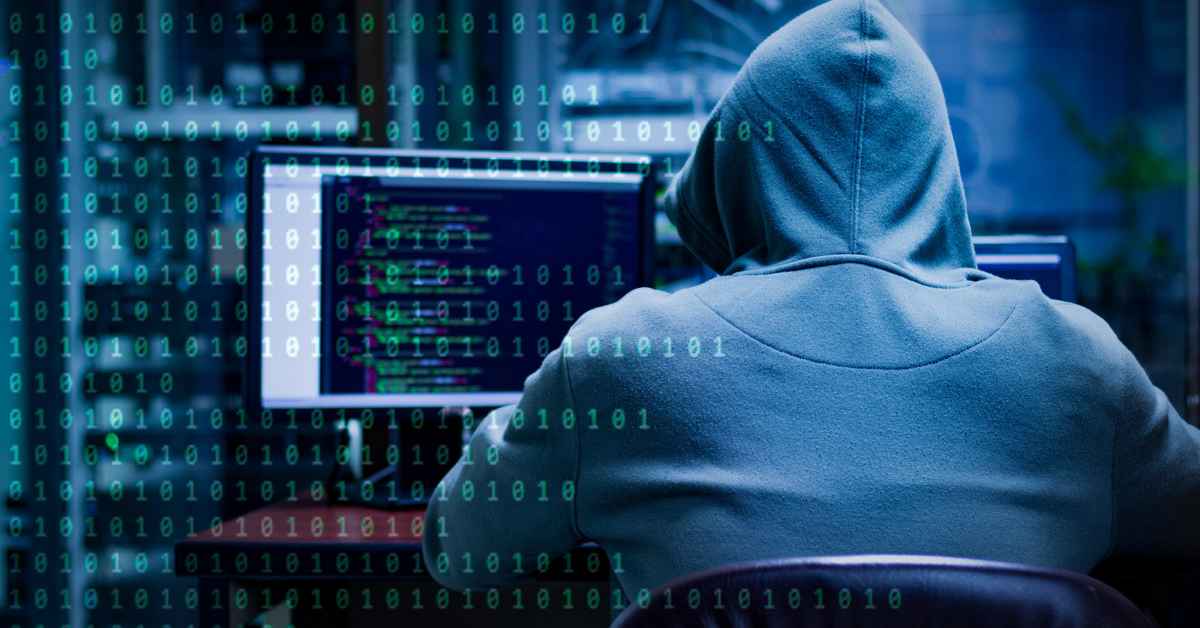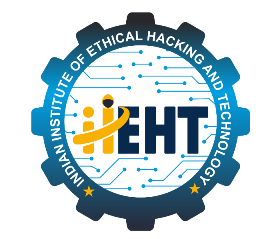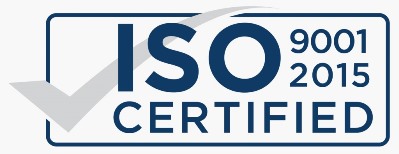Why Should Companies Have Ethical Hackers?
Date: Nov 08, 2022

Ethical Hackers
"Hacking" is the act of gaining unauthorized access to another person's database or assets. A hacker is interested in examining the inner workings of computer data servers in order to improve and expand their capabilities. Hacking, on the other hand, can be legal if done correctly. Ethical hackers and certified ethical hackers are terms used to describe those who enter a network with permission but without malicious intent. They are the ones who save organisations from such shady practices.
Cybercrime is on the rise
The most important reason that white hat hackers have become so popular is the increase in cyberattacks against some of the world's best-known brands. Every day, social media websites collect massive amounts of data such as usernames, passwords, pictures, videos, and so on. User data has been constantly hacked and leaked on the dark web for third-party providers to purchase for a low price.
Banks and financial services, on the other hand, are the most popular targets for cyberattacks and hackers.
This is a clear indication of the growing demand for cyber security experts or ethical hackers, as evidenced by the increase in the number of institutes offering cyber security courses and CEH certification.
Why are Ethical Hackers Required?
There is no doubt that all organisations, from social networks to government agencies to financial institutions, now rely on the digital space to store their data. The digital space can be a cloud-based server on a third-party website or an in-house server purchased and stored. However, criminals with malicious intent will work hard to gain access to these databases, and ethical hackers with CEH training will need to work just as hard to combat these attacks.
So, What Does an Ethical Hacker Do?
An ethical hacker oversees digital security and must always be one step ahead in adopting new technologies and applying them to the benefit of their organisations.
Protect the networking system by closing any digital gaps and preventing hackers from infiltrating servers.
Make a strategy and plan of action. A preventive measure designed to thwart malicious attacks and prevent security breaches.
The hacker oversees protecting confidential organisational data and preventing user data from being leaked or tampered with.
It is your responsibility to check network connections, incoming and outgoing digital traffic on a regular basis.
Increase security awareness among all employees and top-level management, which contributes to the organization's overall growth.
An ethical hacking course will assist an individual in the installation of firewalls, the security of server setups, and IP address configuration, and the right candidate may just save an organisation not only from financial loss, but also from loss of trust with their stakeholders. That is why, in today's world, no organisation can survive without an intuitive and trained ethical hacker.
Conclusion
The term "hacking" refers to gaining unauthorised access to another person's database or assets. A hacker is interested in delving into the details of computer data servers in order to optimise and expand their capabilities. Hacking, on the other hand, can be legal if done correctly. Ethical hackers and certified ethical hackers are terms used to describe those who enter a network with permission but without malicious intent. They are the ones who save organisations from such shady practises.



